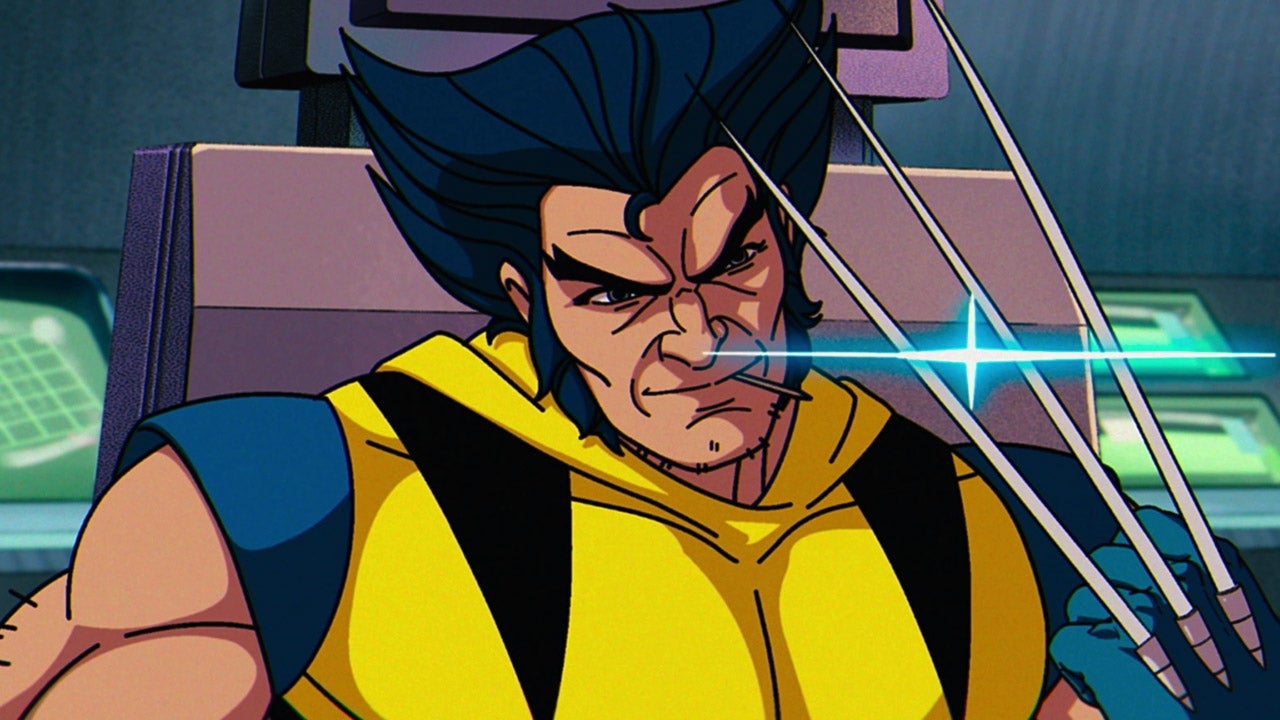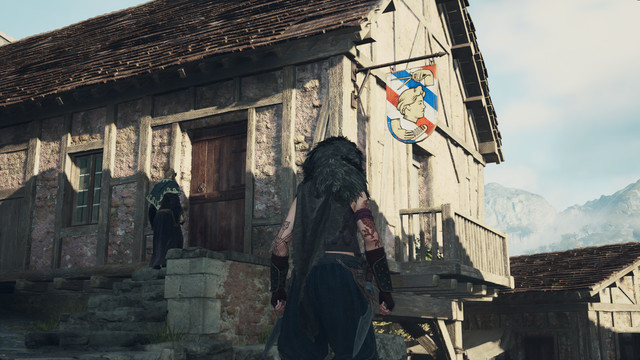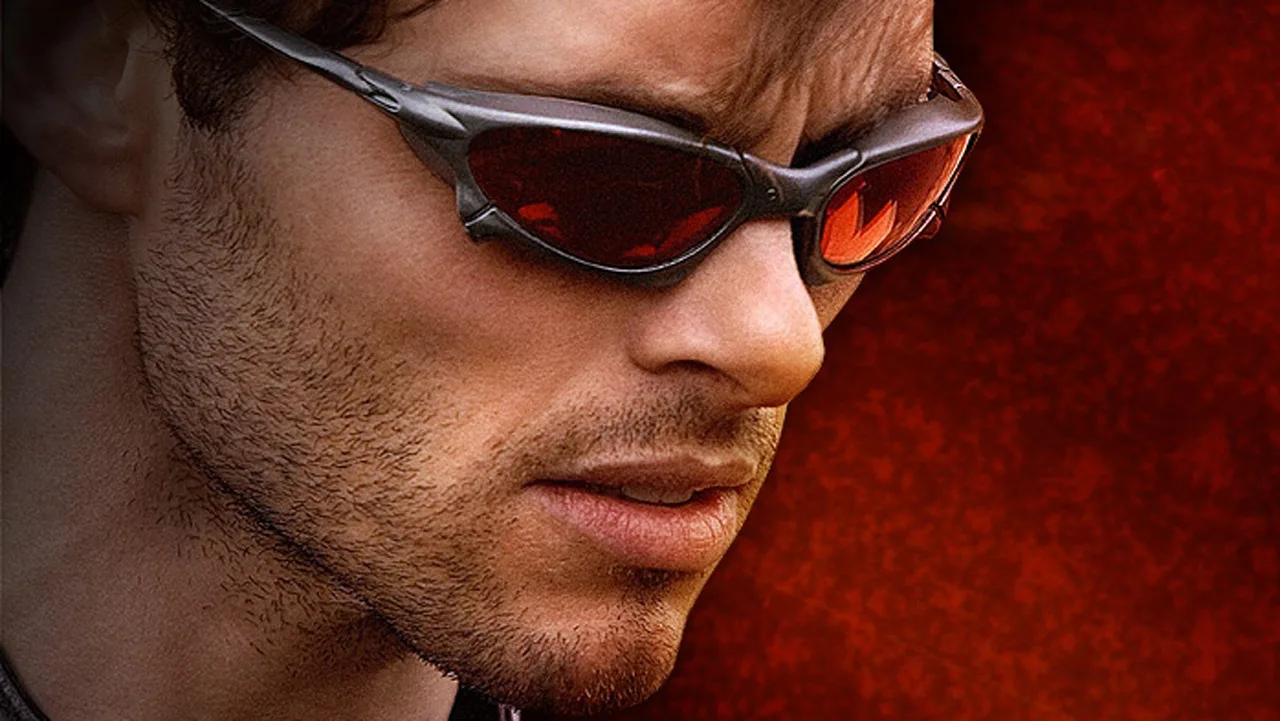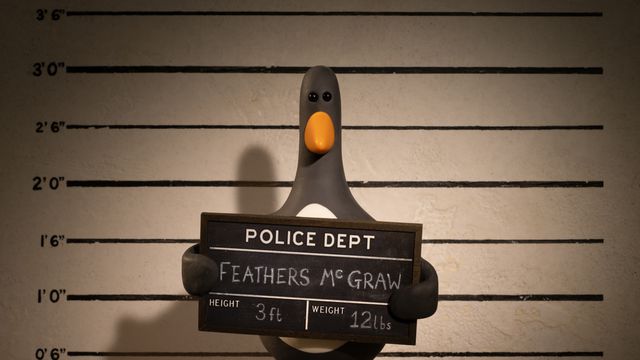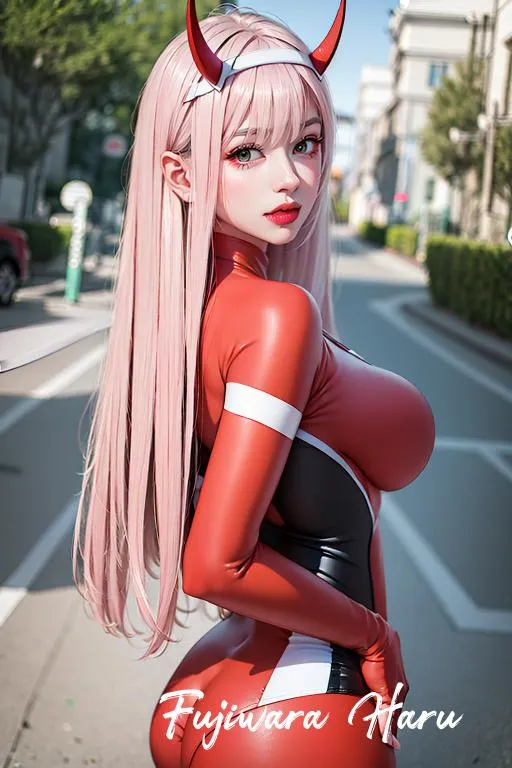Warning: this article contains some spoilers for recent episode of X-Men '97!
X-Men ‘97 has managed to surprise and subvert expectations in many ways, whether in adapting sprawling Marvel Comics storylines into tightly paced, 30-minute episodes or in the decision to kill off a major character midway through Season 1. But perhaps nothing has proven more surprising than how the series has handled Wolverine. Where once Wolverine hogged the spotlight in the original X-Men: The Animated Series, now he’s just another supporting character.
To be clear, this is a good thing. Wolverine has had his time in the spotlight, and it’s time to let the other X-Men shine. Let’s take a closer look at how the series handles Wolverine and why even the comics have proven that a little Wolverine often goes a long way.
Wolverine’s Role in X-Men ‘97
It’s no stretch to say Wolverine dominated the picture in the original X-Men: The Animated Series. He was a major player in pretty much every one of the show’s multi-part story arcs, from “Days of Future Past” to “The Phoenix Saga” and “The Dark Phoenix Saga.” He was also frequently the star of dedicated solo adventures on the show, with numerous episodes fleshing out his past and his connections to villains like Sabretooth, Omega Red, Lady Deathstrike and Silver Samurai.
It’s not hard to understand why Wolverine became the face of the animated series. Much as he did in the comics (and eventually the films),Wolverine quickly established himself as the team’s scene-stealing bad boy. He was lovably gruff - a man of mystery with a penchant for memorable one-liners bolstered by voice actor Cal Dodd’s iconic delivery. Wolverine was undeniably cool, yet also a character tinged with tragedy. X-Men viewers couldn’t get enough of him.
That said, the show’s relentless focus on Wolverine definitely came at the expense of other team members. No other X-Man enjoyed so much time in the limelight, leaving characters like Gambit and Beast feeling comparatively underdeveloped by the end of the show’s run.
With X-Men ‘97, there seems to be a concerted effort to make up for those omissions. Wolverine is no longer the mutant locked in center stage. If anything, he’s felt like a lower priority for the writers in Season 1. He’s played a smaller supporting role in most episodes, and there haven’t been any episodes devoted to exploring his past or his many supervillain rivalries.
Instead, the other X-Men have been allowed to flourish in a way that we didn’t always see from the original series. Season 1 has been far more interested in exploring Cyclops’ chaotic family life and the fallout of the Madeyne Pryor reveal. Storm has enjoyed the spotlight in two different episodes adapting the seminal “Lifedeath” story arc from the comics. Magneto and Rogue have also been crucial players this season, leading to a brand new love triangle that’s taken its place alongside the classic Cyclops/Wolverine/Jean Grey trinity.
What little we have seen of Wolverine in Season 1 has largely centered on that love triangle. He still pines after Jean, only now their relationship has taken an unexpected turn in the wake of Cyclops’ brief psychic affair with Madelyne. There’s a bit of role reversal at work, with Logan now the passive supporting character and Jean the angst-ridden heroine yearning for someone she can’t have.
Benching Wolverine has proven to be one of the new series’ smartest moves, but it’s not that X-Men ‘97 isn’t making good use of the character. He’s still a reliable source of one-liners and some memorable action scenes. Considering how well-developed he was in the original series, there’s an understanding that Wolverine doesn’t need to be in the spotlight so often. In a show with so many moving parts to juggle, there are much bigger priorities than once again mining Wolverine’s not-so-mysterious past or introducing another of his many nemeses.
Wolverine in the Marvel Comics Universe
Truly, a little Wolverine can go a long way. That’s a lesson Marvel’s X-Men comics tend to forget and relearn quite often. Chris Claremont’s early Uncanny X-Men run set a strong example. There, Logan was an integral member of the team, but never quite the scene-stealer he became in X-Men: The Animated Series. He butted heads with his fellow X-Men, and the team knew barely more about his past than readers did. His “man of mystery” approach served him well.
Things started to go off the rails a bit when Claremont and Frank Miller gave Wolverine his first solo comic in 1982. That created a snowball effect of popularity throughout the remainder of the decade. By the early ‘90s, Wolverine had his own monthly series, a leading role in X-Men, a headlining feature in the anthology series Marvel Comics Presents and was the star of countless other spinoff comics and graphic novels. It was almost a relief when Wolverine took a break from the X-Men following 1993’s “Fatal Attractions” crossover. Not that said break lasted very long.
Wolverine’s peak period of overexposure came around 2004-2005. At that point, in addition to his ongoing monthly series, Logan was a core member in X-Men, Uncanny X-Men and Astonishing X-Men, as well as starring in Marvel’s newly launched New Avengers series. The situation became so ridiculous that Logan actively complained in one comic about Cyclops assigning him to too many teams. Once again, it got to the point where Wolverine became so everpresent and overexposed that Marvel temporarily killed him off in 2014’s The Death of Wolverine.
Of these many comics, Astonishing X-Men was the book that showed how best to utilize Wolverine as a team player. Much like X-Men ‘97 would do two decades later, Astonishing took the “less is more” approach to Logan, relying on him for key action scenes and comedic moments but keeping the focus more on characters like Cyclops, Emma Frost and Kitty Pryde. Writer Joss Whedon took a very economical approach to Wolverine’s dialogue, often relying more on artist John Cassaday to convey the character’s thoughts and motivations (his love of beer, mostly) through visuals alone. Take, for example, this memorable scene where Logan deduces that Kitty and Colossus have begun sleeping together:
Astonishing X-Men’s simple, spartan approach to Wolverine is one that really should be emulated more than it is. Given how much Wolverine’s early comic book appearances were inspired by actor Clint Eastwood and the Man With No Name trilogy, it makes sense to depict him as a gruff loner and a man of few words. Wolverine doesn’t need to dominate every storyline. Sometimes, it’s enough to allow the character to skulk in the shadows and occasionally pop his claws when Juggernaut or the Sentinels come calling.
Wolverine’s X-Men ‘97 Future
X-Men ‘97 is willing to do what the comics and the original series so often aren’t by using Wolverine sparingly and allowing other characters to remain in the spotlight. But will that always be the case? Will there come a time in a future season when Wolverine returns to the prominence he enjoyed in X-Men: The Animated Series?
A lot depends on how Season 1 wraps up. Where will the series leave the state of the Cyclops/Wolverine/Jean Grey love triangle by the end? How deep is the rift between Scott and Jean now? Was Jean kissing Logan a momentary lapse in judgment or a turning point for their relationship together? With “Remember It” seemingly bringing a swift end to the Rogue/Magneto/Gambit conflict, the series’ original romantic subplot may become an even bigger focus going forward.
It’s also worth remembering that, for all the original animated series mined the depths of Wolverine’s comic book lore, it didn’t include everything. Wolverine’s connection to Japan is something the series only loosely touched on by the end. There’s still room for X-Men ‘97 to tackle the events of the original 1982 Wolverine comic, including his romance with Lady Mariko and his feud with her father, Lord Shingen.
The series also has the potential to delve much deeper into Wolverine’s origin. That story hadn’t yet been told in the comics when X-Men: The Animated Series was on the air, but was later chronicled in 2001’s Origin. Will X-Men ‘97 deliver its own spin on that tragic tale?
There are plenty of other, more recent Wolverine stories that could be filtered through the lens of X-Men ‘97. What about the time Magneto pulled the adamantium from his bones in Fatal Attractions? What about Wolverine becoming the new Horseman of Death in 2000’s Apocalypse: The Twelve? What about when Wolverine and Cyclops had their big falling out in 2011’s X-Men: Schism, leading to them parting ways and each spearheading their own team of X-Men?
That last possibility is all the more intriguing in the aftermath of X-Men ‘97’s seventh episode, which features a pivotal moment where Rogue vengefully murders Bolivar Trask. The X-Men are divided on whether Trask’s death was justified, but Wolverine voices his support for Rogue. Could the X-Men become divided over that act and the question of whether they need to respond more forcefully to their human enemies? It’s easy to see the climactic “Tolerance Is Extinction” storyline leading to a new status quo where one group of X-Men continues to fight for Xavier’s dream while another group walks a darker path.
In short, there’s a lot of potential for Wolverine to play a more prominent role in the series moving forward. The trick is to seize on that potential without losing sight of the fact that Wolverine shouldn’t be the driving force of the series. X-Men: The Animated Series was Wolverine-centric to a fault. X-Men ‘97 is refreshingly sparing in its use of Wolverine. There’s no need to completely change that approach when there are still so many stories left to tell with the other X-Men.
But what do you think? Should X-Men '97 be utilizing Wolverine more? Cast your vote in our poll and sound off in the comments below:
For more on X-Men '97, flash back to a time when X-Men was the biggest comic book on Earth and brush up on every Marvel movie and series in development.
Jesse is a mild-mannered staff writer for IGN. Allow him to lend a machete to your intellectual thicket by following @jschedeen on Twitter.
